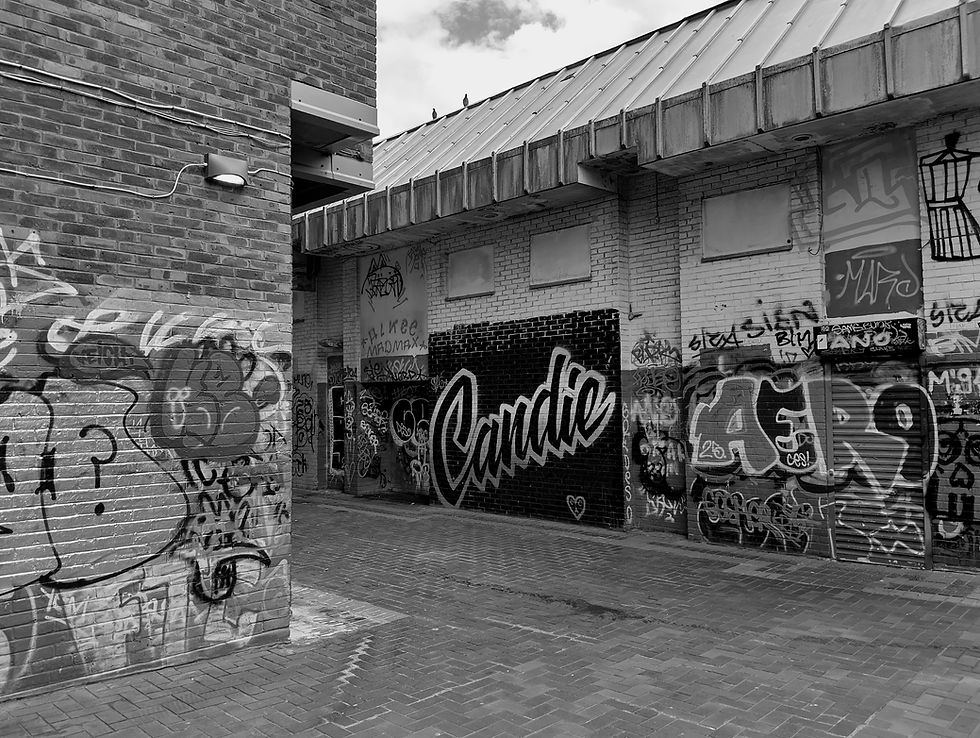Wooden Dollars and Trade Tokens
- farmersfriendlincs
- Jul 21, 2023
- 3 min read

You may have heard the phrase “wooden dollars” when referring to spurious values of such items as natural capital values. The term refers to historically “fake” money that changed hands and had a value until it didn’t and the person left holding them lost out.
The phrase originates from two sources, one referring to counterfeit dollars printed on a pulp made of compressed wood shavings to mimic the linen of real dollars; the second is less malevolent.
In the small town of Tenino in USA wooden dollars were printed on a wood veneer which were underwritten by and could be exchanged for cash at City Hall. The town is a small logging community and the local printer printed the currency which was exchanged for goods and services within the confines of the town in 1931. The shut down caused by Covid in 2020 saw building stop and the need for logs collapse and the same printer was brought out to produce wooden dollars. This was slightly different in that the supply of these dollars was means tested, but the overall principle of producing a local currency that could be exchanged for essential food and services within the town prevailed. An alternative to food stamps, only a little more flexible.
This is not a new concept and Spalding in Lincolnshire England had a very similar experience in the 18th and early 19th century when we see local foundry and retailer Thomas Jennings issue tokens of copper and bronze that are fairly commonly found in the area. This period saw great upheaval as Britain was blockaded by much of Europe and at the same time development and growth of Agriculture and Industry saw a great need for trade in rapidly growing towns and little currency to enable the exchange of goods and services. The answer was for key businesses of good credit to issue trade tokens that could be exchanged locally for goods and cash.
In my lifetime I have seen little use of tokens although the gift voucher is possibly the nearest common equivalent. However, I do recall in my childhood the “sugar beet” cheques that exchanged hands in Spalding as if they were cash. In Spalding when the campaign started farmers of various sizes would start to receive sugar beet cheques. Now being cheques they were not equivalent to trade tokens because they did enjoy legal regulation by both the Cheques Acts and previous Bills of Exchange Act before it. Up to the 1980’s sugar beet cheques were issued to farmers uncrossed, that means they could be legally endorsed on the back and handed to a third party to pay into their account. It was not unusual to see some cheques with several endorsements. In this way these cheques exchanged hands amongst local traders as if they were cash. People would buy new televisions from my father with endorsed sugar beet cheques; others would by cars or new fixtures and fittings for their homes. No doubt all this expenditure was declared and above board for tax purposes!
Are crypto currencies the modern equivalent of trade tokens? Well in a way they are in that they are portable, albeit electronically, acceptable for payment for goods and services in certain circumstances, and can be transferred into currency. However, they have no firm tangible promise or under-writing of assets behind them. Perhaps like wooden dollars they are of value until one day they are not?




Comments